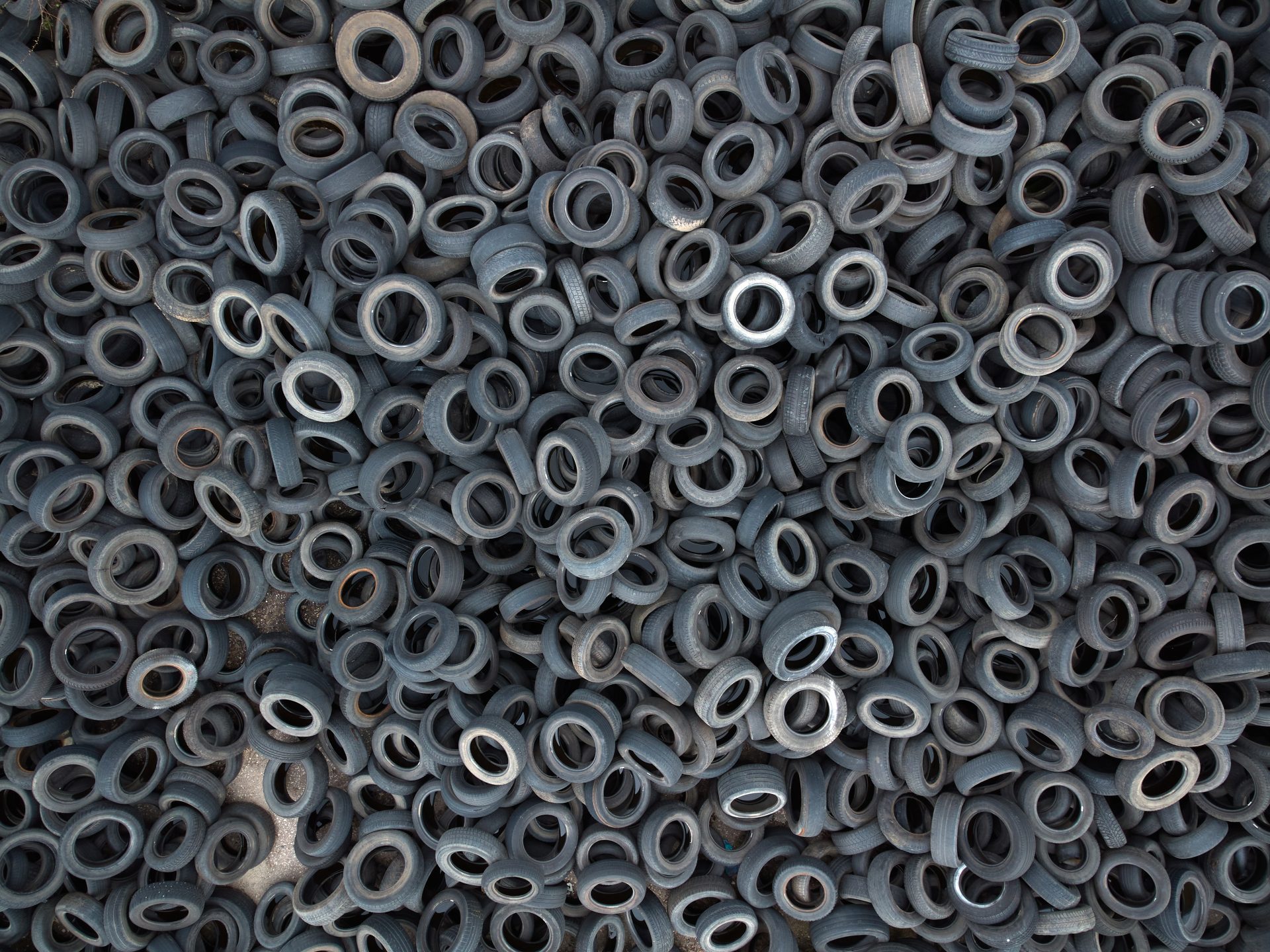Triasa is the first independent tyre recycling body in the country and seeks to unite the different elements of tyre recycling in South Africa.
The South African publication IOL carried the news that in a bid to repurpose used tyres efficiently, an independent tyre recycling body, the Tyre Recycling Industry Association of South Africa (Triasa), was launched recently.
The body claims to be the first independent tyre recycling body in the country and seeks to unite the different elements of tyre recycling in South Africa. Triasa picks up where REDISA finished, but this new body appears to have the backing of the tyre manufacturers, who were staunch opponents of the erstwhile recycling agency REDISA.
Triasa is made up of members, which are companies or entities that are involved in the processing of waste tyres and employ either the primary recycling technologies currently in use – mechanical or ambient grinding of tyres and pyrolysis (decomposition at high temperatures) of tyres and pre-processing, shredding and baling.
All members of Triasa are required to prove that they are processing waste tyre material, be registered with the Waste Bureau, and have supply agreements in place.
Triasa founder and CEO of Mathe Group, Mehran Zarrebini, said in a statement that the body came at a critical time for the local economy and the environment.
“Our aim is to unite the different elements of tyre recycling in South Africa and to provide a forum for discussion, knowledge exchange, and collaboration on pressing issues within the industry.
“Our priority, as Triasa, is to foster the growth of the tyre recycling industry, promoting a circular economy and reducing South Africa’s dependency on imported rubber”.
According to Zarrebini, the road towards efficiently repurposing used tyres, which pose health and environmental risks, has been rocky in South Africa.
“The Recycling and Economic Development Initiative of South Africa (REDISA) was established in 2013, with the primary goal of creating an environmentally friendly waste tyre management solution. Unfortunately, it was suspended in 2017 following allegations of mismanagement, corruption and financial irregularities. Minimal recycling has continued since then,” he said.
Despite this, Zarrebini said he was confident that, as a registered stakeholder in the lead-up to the imminent finalisation of the Section 29 Integrated Waste Tyre Plan, Triasa could make an important contribution to this new strategy, not only helping to whittle away the ever-growing stockpile of waste tyres, but also to create entrepreneurial and manufacturing opportunities as well as employment.
Source: IOL

















